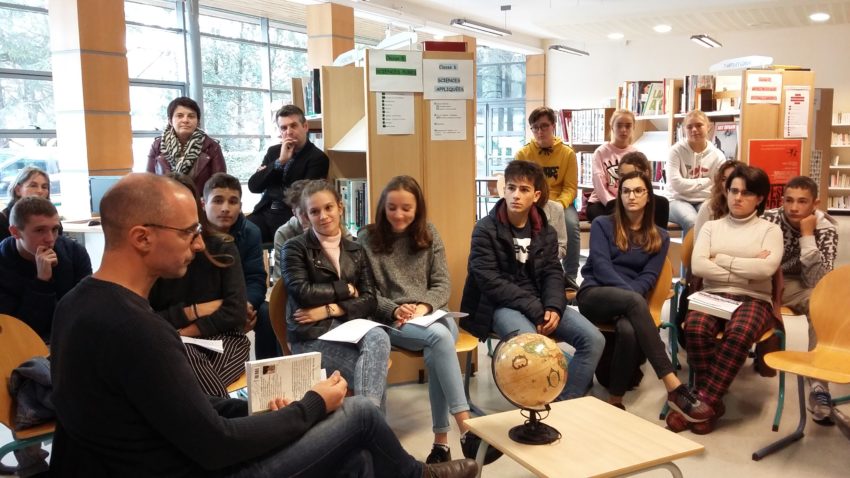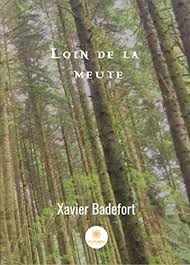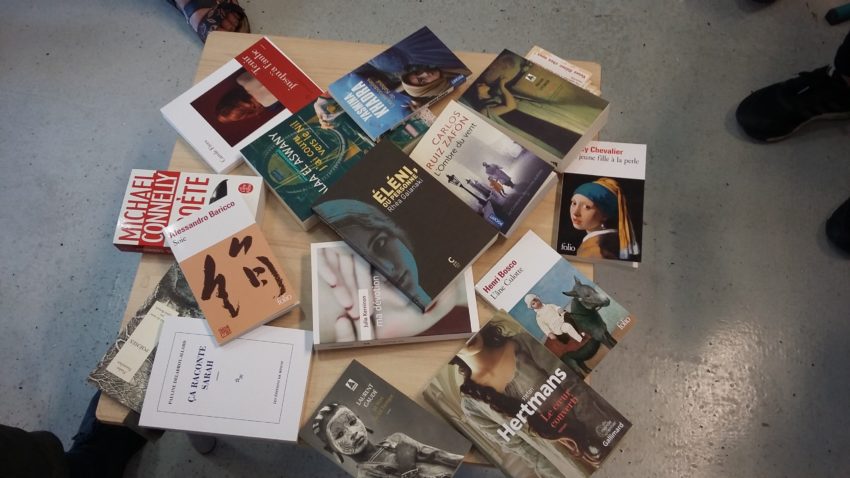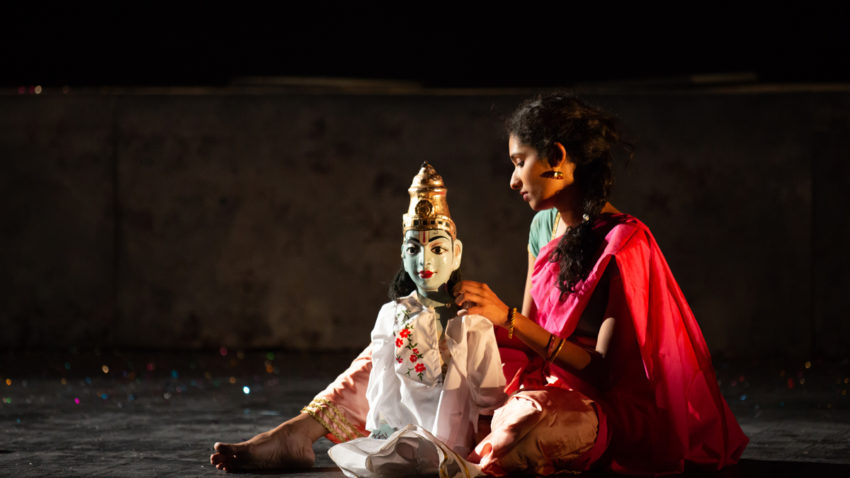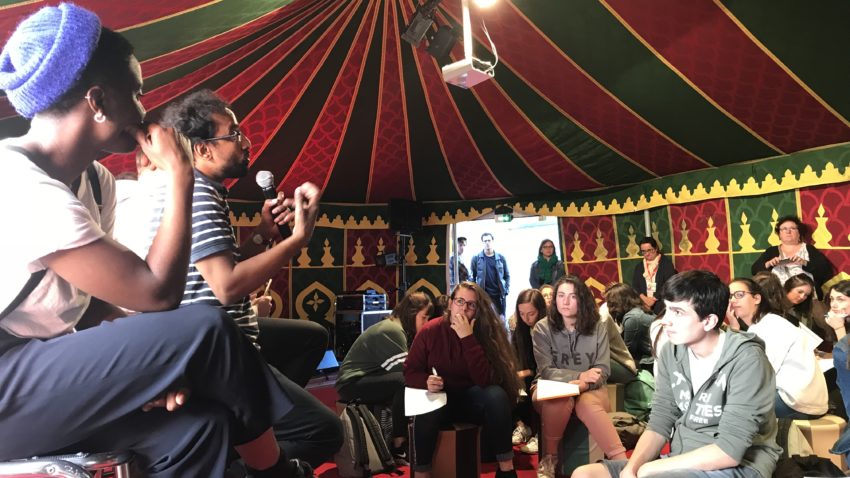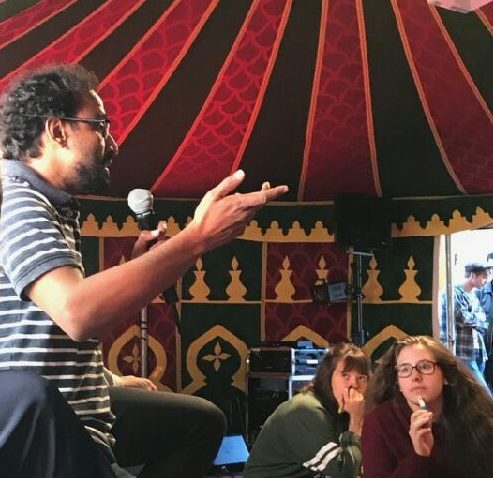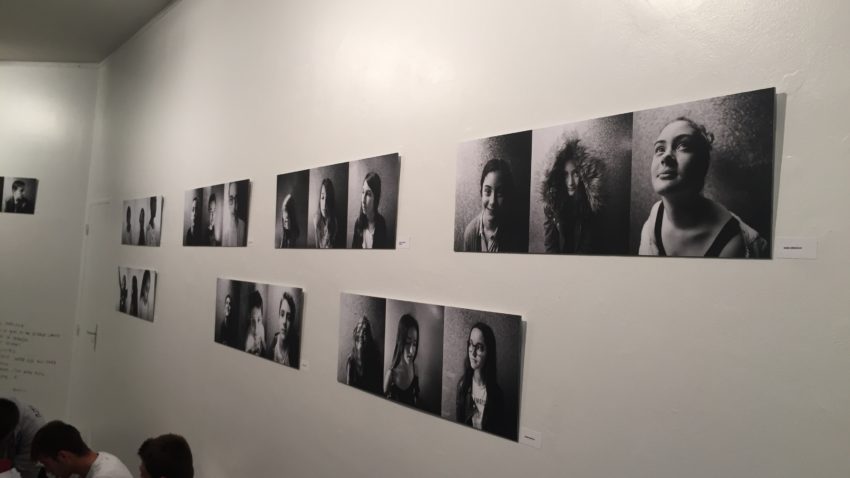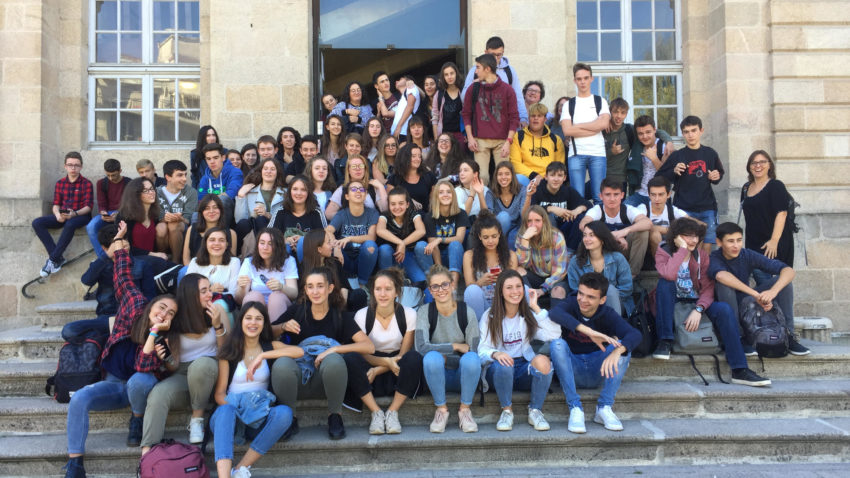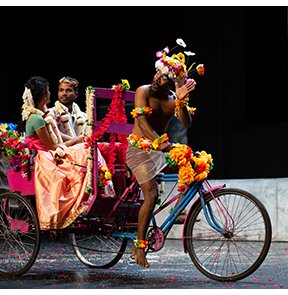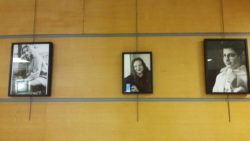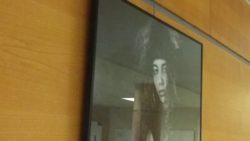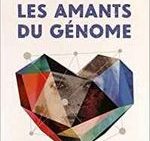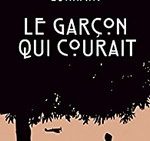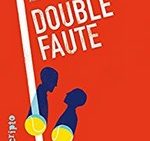Nous sommes fin prêtes, ce vendredi 9 novembre, à aller à la rencontre
des libraires présents à la foire du livre de Brive.
14h30, la foire, nous voilà !
A notre arrivée à Brive-La-Gaillarde, le bus nous a déposé à la Foire du Livre. Nous étions vraiment pressés de voir ce qui se passait dans ce grand bâtiment. En plus, nous sommes entrées par la porte VIP, quelle chance ! Stylos à la main, c’est parti !
En arrivant on remarque tout de suite deux espaces principaux : l’un consacré à la littérature jeunesse et l’autre à la littérature générale. Il y avait énormément de visiteurs, en majorité des personnes retraitées et des scolaires. Ceci peut être expliqué par la disponibilité de ces personnes un vendredi après-midi.
Déception à notre arrivée : le train de la plupart des auteurs est en retard. Peu d’auteurs étaient donc présents comparé à ceux qui avaient été annoncés.
Interviews & rencontres au rendez-vous !
La Foire du Livre prend vie grâce aux libraires qui y participent. C’est pour cela que nous nous sommes portées volontaires pour les interviewer.
En premier lieu, nous avons eu affaire à Jérémy qui travaille à la librairie Chantepages à Tulle :
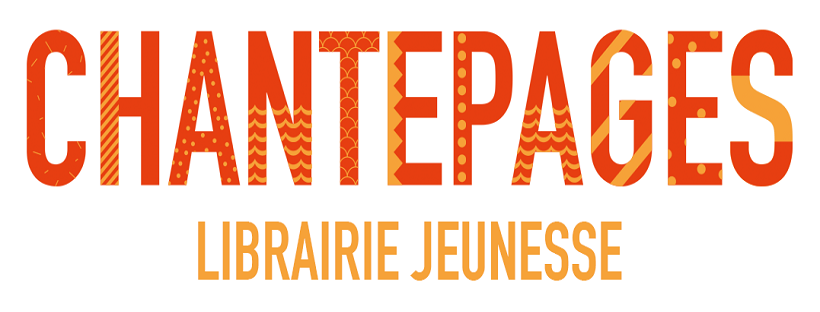
Les journalistes en herbe : « Quelle est la particularité d’un libraire jeunesse ? »
Jérémy : « Un libraire jeunesse est un libraire qui défend la littérature jeunesse, il faut donc aimer lire, avoir envie de lire mais surtout donner l’envie de lire aux enfants. Je défends aussi des romans comme Harry Potter. »
Par la suite, nous avons l’occasion d’interviewer une étudiante en faculté de lettres, Emma Ferrière. Nous avons donc pu avoir une autre perception du travail de libraire :
Les journalistes en herbe : « Qu’est-ce qu’un libraire ? »
Emma Ferrière : « Un libraire est une personne qui aime lire et qui a une certaine culture littéraire. Le libraire travail avec des maisons d’éditions pour promouvoir des livres. »
Les journalistes en herbe : « Quelles études faut-il faire pour devenir libraire ? »
E F : « Il faut faire une faculté de lettres, un BTS édition, un IUT édition ou un Master édition. »
Les journalistes en herbe : « Des motivations possibles pour faire ce métier ? »
E F : « Il faut aimer être en contact avec les autres, aimer se cultiver au travers des livres mais aussi être ouvert d’esprit parce que l’on est pas obligé d’aimer tous les livres que l’on doit lire. »
Enfin nous avons pu interviewer une dernière personne travaillant à la librairie Anecdotes de Limoges :
Les journalistes en herbe : « Travaillez-vous en dehors des horaires d’ouverture ? »
Anecdotes : « Oui comme la Foire du Livre par exemple. »
Les journalistes en herbe : « Les livres qu’une librairie propose sont choisis par les libraires ou sont obligatoires ? »
Anecdotes : « Nous avons des livres imposés au travers de catalogues proposés par les maisons d’éditions avec des listes de nouveaux livres mais nous pouvons tout de même choisir parmi ceux là. »
Les libraires ? Indispensables aux auteurs aux lecteurs et aux visiteurs de la Foire.
Maelle Saba, Léa Malagnoux, Enola Oriot et Yanna Durand






